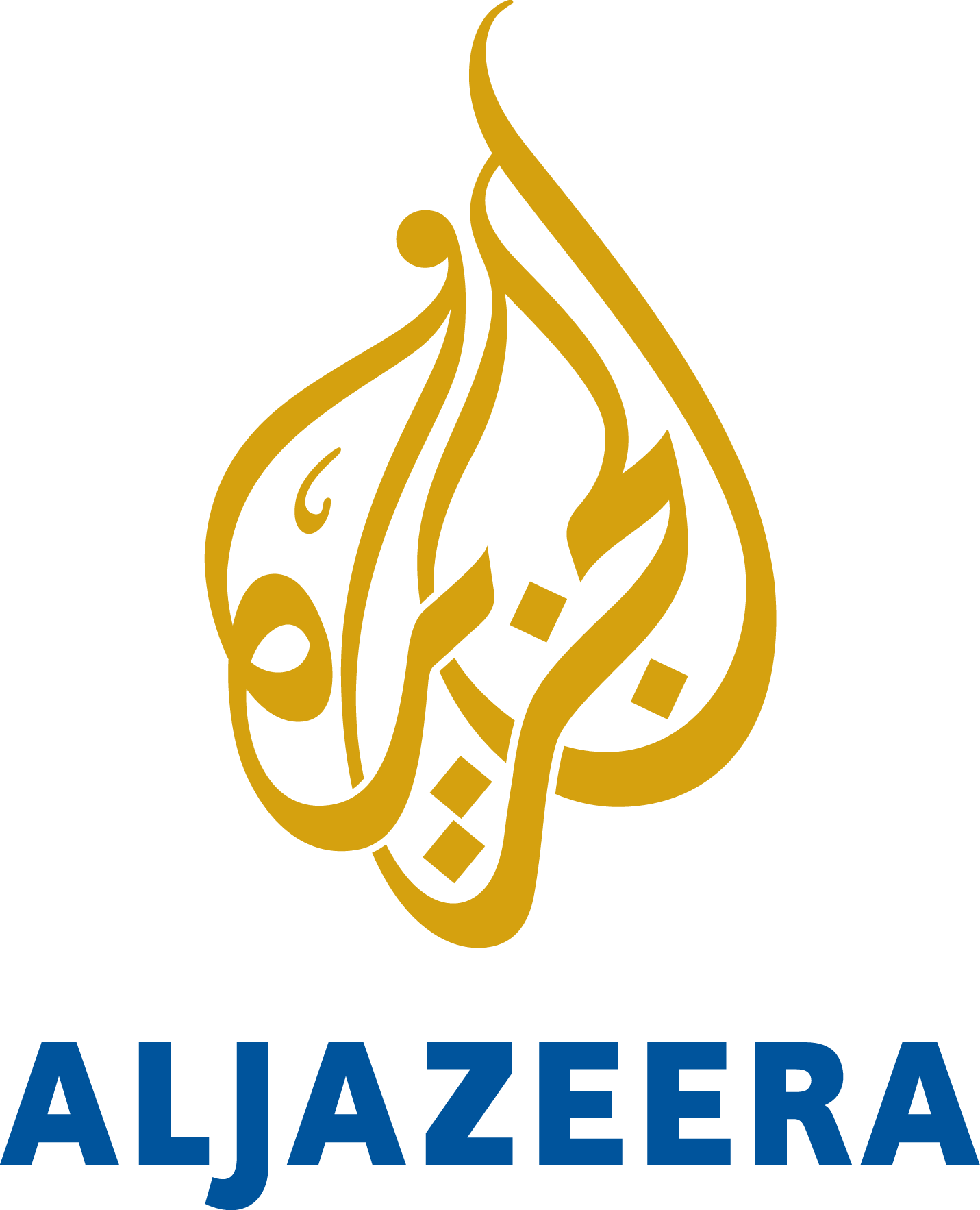Refining Richardson's rationing riots
- Sam Brownback's suggestion that "we need to more equip the labor union movement that's developing inside of Iran; they had a bus driver strike that recently took place."
A Republican position steeped in conservative tradition: calling for more ties with organized labor in foreign nations. uh-huh. - Tommy Thompson's endorsement of a "soft" ethnic cleansing policy for Iraq: "Those 18 [Iraqi] territories, just like 50 states in America, should elect their state leaders. And if they do so, the Shi'ites will elect Shi'ites, Sunnis will elect Sunnis, Kurds will elect Kurds. And you know something? People will go to those particular territories and you get rid of the civil war, internecine."
Hear that, Protestants? Get out of Maryland. - Bill Richardson told CNN's Wolf Blitzer: "This is how I would deal with Iran. I would talk to them, but I would build an international coalition that would promote and push economic sanctions on them. Sanctions would work on Iran. They are susceptible to disinvestment policy. They are susceptible to cuts, economic sanctions in commodities. They only have one refinery there."
Just one? Methinks Richardson needs a math lesson from Mitt Romney.
"With accurate information like that, it's no wonder US policy toward Iran is so successful :)" (continued...)
 I had this in mind when I saw coverage this week of riots in Tehran that resulted from the government's decision to ration fuel supplies. The Guardian says:
I had this in mind when I saw coverage this week of riots in Tehran that resulted from the government's decision to ration fuel supplies. The Guardian says: So I asked the "savvy source" for his feedback on this whole issue. He reports to us directly from Tehran, and here are his key takeaways:"The US - which is leading efforts to isolate Iran, accusing it of seeking to build nuclear weapons - said Iran's petrol imports were a point of 'leverage'.
Iran lacks refining capacity, even though it is the second biggest exporter in OPEC, and therefore has to import more than 50% of its petrol needs. To keep prices low, the government subsidised them at enormous cost to the public purse.
Conservatives in Iran's parliament, especially those aligned with the country's national oil company, have long pushed for higher petrol prices. They hope the move will cut waste and curb smuggling while also enabling the government to invest in more oil and gas production."
- "...people are angered by the poor implementation of the policy and the unpredictability of moves by the government."
- "...the sudden implementation of this scheme is mainly due to domestic power-struggles. The group that wanted to push through with it...simply sprung the news on everyone. By doing so, they created a fait accompli that would be difficult to reverse."
- "In the late 1990s, there were debates about building new refineries but this did not make economic sense, since it was cheaper to import petrol (remember that oil prices were in the single digits back then and global refinery capacity was abundant) than to invest a lot in refinery infrastructure."
- "...sanctioning petrol supplies would be the last thing [the UN would] do. All the EU diplomats in Tehran I have spoken to and also people in the European Council in Brussels say that this option is not on the table."
- "Even if...they decide to go ahead with it, I think the impact this would have on an already tight oil market would be so severe that it would dissuade them...if the US and some others want to do it unilaterally, they will have very limited success and Iran will be able to bypass the sanctions. So overall, I wouldn't worry about petrol being sanctioned."
Here are his complete remarks:
Firstly, a quick note on the public reaction (violence, etc.): People are very frustrated due to the economic hardships currently being experienced in addition to a general frustration with the unpredictability of some of the actions of the Ahmadinejad government.
What had apparently happened at many of the petrol stations was that when the rationing was announced (at 9 pm in the evening, to come into effect at midnight the same day), people had descended upon the stations to fill up before the deadline. Many of the station-owners had panicked and were concerned about running out of petrol and had thus shut off their pumps.This had led to increased frustration among those at the stations (not only where they being rationed, now the station was closed as well), which in turn led to the incidents mentioned in the media, such as the torching of a number of filling stations.
It is possible that both domestic and foreign elements were behind some of these disturbances, given the role played by "thugs for hire" throughout Iran’s our contemporary history.
Most people I am speaking to understand that this is a necessary step by the government, but people are angered by the poor implementation of the policy and the unpredictability of moves by the government. Although most people knew that rationing would happen sometime during the summer, nobody was expecting it to happen the way it did two nights ago. So people being people, they panicked and did stupid things.
I think it is important that we understand that what happened was not only in reaction to the policy itself but due to pent up frustration, the fact that people were caught off-guard and the possible interference of elements (probably mainly internal) that were either trying to make Iran look unstable/weak or simply trying to score some political points on their domestic rivals.
Secondly, with regard to the policy itself – there were of course a great deal of things that needed to have been done in advance - such as proper information, planning for taxis, busses, coordination with the police, and the petrol stations, etc.
The way I'm seeing this is that the sudden implementation of this scheme is mainly due to domestic power-struggles. This is in the sense that one or several groups were opposed to the rationing scheme while others wanted to push through with it as quickly as possible. The group that wanted to push through with it waited until most of the school exams etc. were over and then simply sprung the news on everyone. By doing so, they created a fait accompli that would be difficult to reverse.
This is the main reason the law enforcement forces (LEF) were not ready - my guess is that they found out about it the same time as the rest of us did. That's probably why in many places, the baseej militias had to be put in to restore order, since they're probably quicker at getting mobilised in some places than the LEF and also used this occasion as a show of force and readiness.
Thirdly, with regard to government policy generally on petrol subsidies – this is a policy that has been in the making for several years now. In the late 1990s, there were debates about building new refineries but this did not make economic sense, since it was cheaper to import petrol (remember that oil prices were in the single digits back then and global refinery capacity was abundant) than to invest a lot in refinery infrastructure.
What was not calculated was the increase in prices we have seen since then, as well the huge increase in consumption, mainly due to rising per capita income and more cars being purchased.
The debate in the past few years has focused around curbing consumption, reducing smuggling to neighbouring countries, reducing the subsidy burden on the state (given that around half of Iran's petrol is imported at international prices and sold at subsidized prices locally) as well as freeing up refinery capacity so that they could actually begin exporting petrol rather than importing it.
Fourthly, with regard to sanctions, I doubt that the US will move toward any sanctions on petrol.
For quite a while now, the US as well as the EU have stated that they want to create sanctions that target the regime and not the people of Iran. If we hold this to be genuine, then sanctioning petrol supplies would be the last thing they'd do. All the EU diplomats in Tehran I have spoken to and also people in the European Council in Brussels say that this option is not on the table.
Even if this differentiation between the people and the regime is not genuine and they decide to go ahead with it, I think the impact this would have on an already tight oil market would be so severe that it would dissuade them. I am also unsure of how long it would take for them to reach some form of consensus on this in the UN Security Council (my guess is, many many months and after many many disagreements). If the US and some others want to do it unilaterally, they will have very limited success and Iran will be able to bypass the sanctions.
So overall, I wouldn't worry about petrol being sanctioned. My guess is that the reason this has been mentioned (along with the rather dubious issue about sanctioning Iranian air travel, which I think will not stand a day of legal scrutiny and also flies in the face of the people vs. regime issue mentioned above), is to raise the bar, ensure that Iran knows the heat is still on (even though there is major lack of consensus in the UNSC) and also to force the more "moderate" members of the UNSC to adopt tougher stances.
















